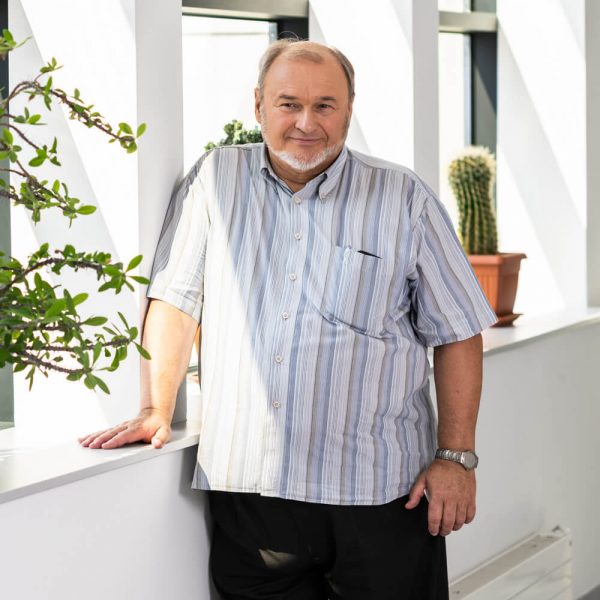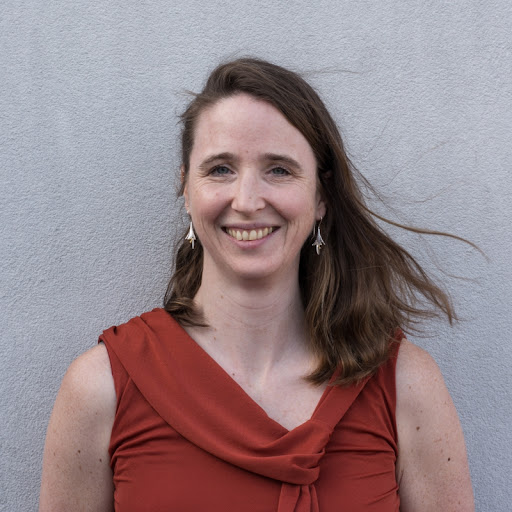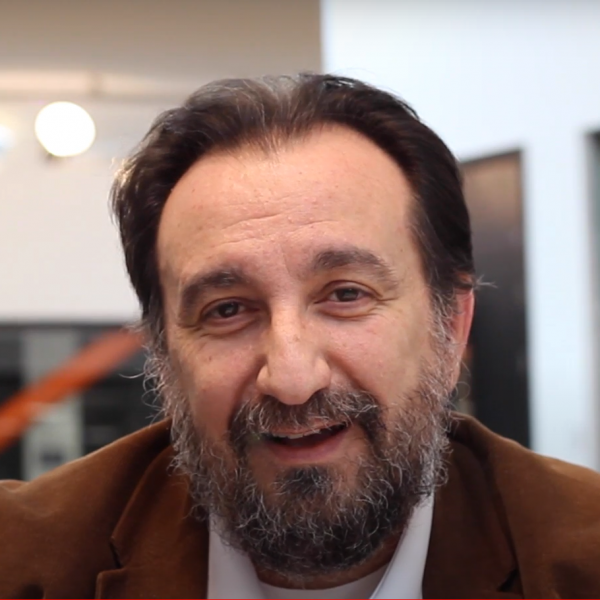In the latest In Silico Talks our partner Insilicotrials.com interviewed Francesco Pappalardo, professor of computer science and systems biomedicine at the University of Catania, adjunct professor at Boston University in USA and at Griffith University in Australia. He is a strong supporter of in silico methods in medicine.
“I am a computer scientist. After few years spent in doing research on computer systems security and optimization methodologies, I was approached by some biomedical colleagues who asked me to create a computer program that could find and suggest optimal dosage for a vaccine. This was fun and at the same time very hard, since biological systems are led by different rules than physical systems, and they are very complex also due to incomplete knowledge. Since that experience, I was fascinated by the idea of developing modeling and simulation platforms for healthcare”.
Francesco Pappalardo is currently involved in three big EU-funded projects. “STriTuVaD deals with the application of an in silico trial platform to predict the outcome of a real, randomized clinical trial that is testing new therapeutic vaccines against tuberculosis. 3TR is a very large IMI2 project that aims to explore the mechanisms of response and non-response to therapies in different pathologies, applying in particular bioinformatics and control methods to collect and analyze data from blood, tissues, and other fluids during the entire treatment process. Finally, In Silico World was born with the overall aim to accelerate the uptake of modeling and simulation technologies for the development and regulatory assessment of all kinds of medical products. This will be achieved by supporting the trajectory of a number of in silico trials solutions through development, validation, regulatory approval, optimization, and commercial exploitation. One of these solutions deals with multiple sclerosis. Here we are developing a Modeling and Simulation (M&S) platform able to predict the outcome of a disease-modifying therapy in a specific patient suffering from multiple sclerosis. Its intended use is in assisting MS specialists in selecting the therapy that has the best therapeutic effect. This is achieved through a digital patient, created from a set of features that allow the M&S platform to represent the real patient”.
The interest of Prof. Pappalardo for in silico medicine goes way back.
“I started my research activity working on optimization methodologies for solving very complex problems. During a conference meeting, I met a colleague that was working on a vaccine against mammary carcinoma and was attending the conference to understand if computer science could help him. The question was: is there any possibility to suggest an optimal dosage and maximize the effect of the vaccine without trying via brute force all the possible vaccination shots? Note: one of the experiments lasted one year! So we worked together and I developed several algorithms to solve this issue, finding that the one suggested by in silico platforms was really good. I was fascinated by this experience and I started to apply modeling and simulation to help in medicine, with special attention to the vaccine discovery pipeline. M&S can really help medicine a lot!”
Modeling and simulation could be a game-changer for the healthcare industry?
“The healthcare industry is clearly suffering from a huge request to speed up the drug discovery pipeline. COVID-19 – and in general pandemics or emergency situations – are a good example. This reflects also the regulatory approval process that must ensure, like it does now and like it did before, security for human use. Modeling and simulation is going to help and assist both needs. It speeds up the drug discovery pipeline and it can provide strong and formal tools to assess credibility and uncertainty quantification of M&S applied to healthcare. Towards these topics, the EU H2020 funded project that I am scientifically coordinating is exploring the possibility to propose strong user guidelines to provide regulators with strong pieces of evidence about regulatory assessment of M&S in healthcare”.
The healthcare industry is facing many challenges at the moment.
“Same as above, modeling and simulation could help a lot here. Paraphrasing a famous movie, there is a strong need for speed: this would mean, accelerating the discovery pipeline, increasing security for human usage, providing better tools for attacking neglected diseases, and implementing tools to decrease market prices and reach low-income countries”.
Prof. Pappalardo is part of a Horizon 2020 project we are involved in, In Silico World.
Credits InSilicoTrials
Original source: here.



